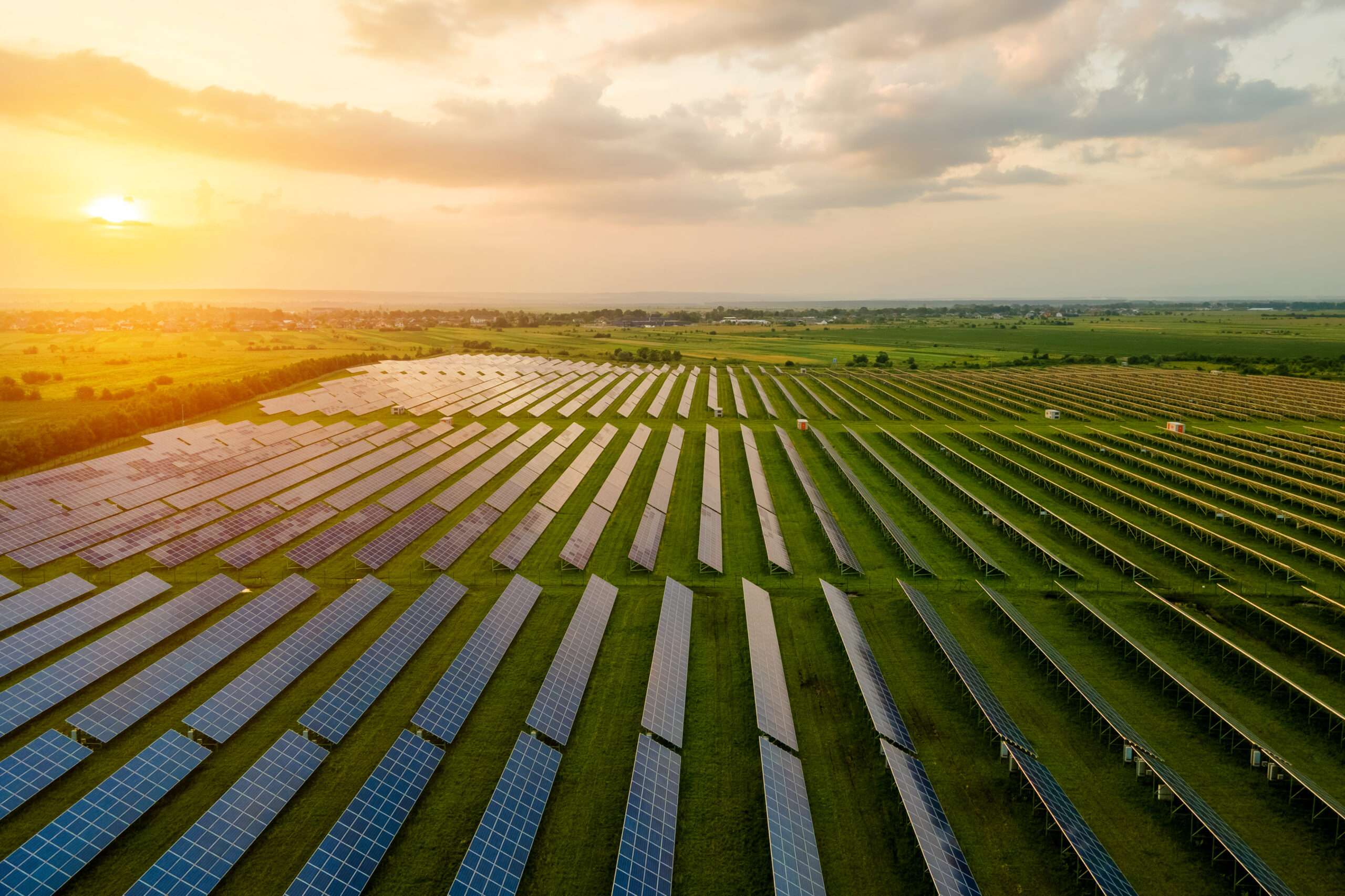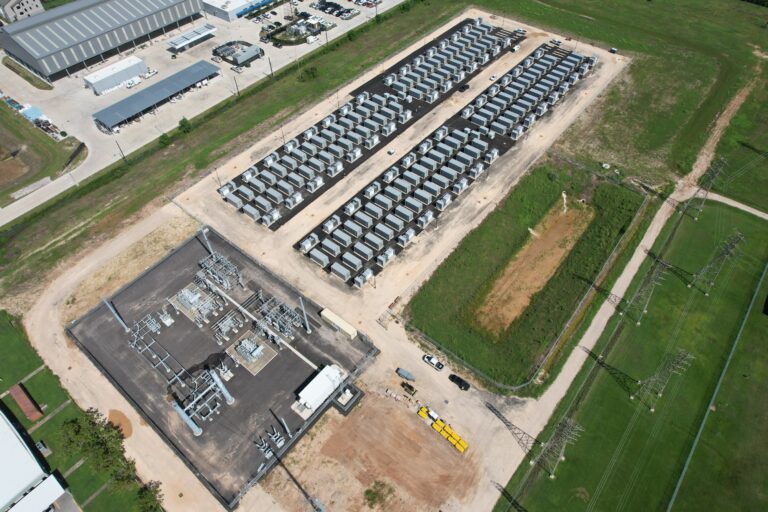
A report issued by the Federal Energy Regulatory Commission (FERC) has emphasized the urgent need for Congress and state legislatures to implement stricter regulations for natural gas pipelines and power plants in order to enhance their resilience against extreme cold weather conditions. The report, which examined the causes of the Winter Storm Elliott that occurred in December of last year, revealed that over 1,700 power generation units experienced shutdowns or reduced power output due to the cold weather, with more than 800 of these units being natural gas plants.
FERC Chairman Willie Phillips expressed concern over the recurring nature of such incidents, stating, “This report may give the impression of déjà vu. We have experienced significant losses in generator capacity due to cold weather for the fifth time in the past 11 years. It is imperative that we have a designated entity responsible for ensuring the reliability of our natural gas system.”
The report highlighted a significant contributing factor to the generation losses, which was a 16 percent decline in natural gas production caused by frozen equipment, primarily in gas fields located in Ohio, Pennsylvania, and West Virginia. This decline resulted in a decrease in pipeline pressure and subsequent supply cuts to power plants. In New York City, the drop in distribution line pressure reached such critical levels that the gas system was on the brink of a complete shutdown, which would have taken months to restore.
This report echoes previous recommendations made by FERC following the devastating Winter Storm Uri in 2021, which left millions of Texans without power for several days and tragically resulted in numerous fatalities. However, Congress has been slow to enact comprehensive regulations for the natural gas sector.
Earlier this year, the North American Energy Standards Board, tasked by FERC to enhance coordination between the gas and power sectors, reported encountering resistance from gas companies regarding efforts to ensure the uninterrupted flow of natural gas to power plants during periods of high demand.
This situation underscores the challenges associated with relying solely on a voluntary and consensual process to address the issue at hand.







